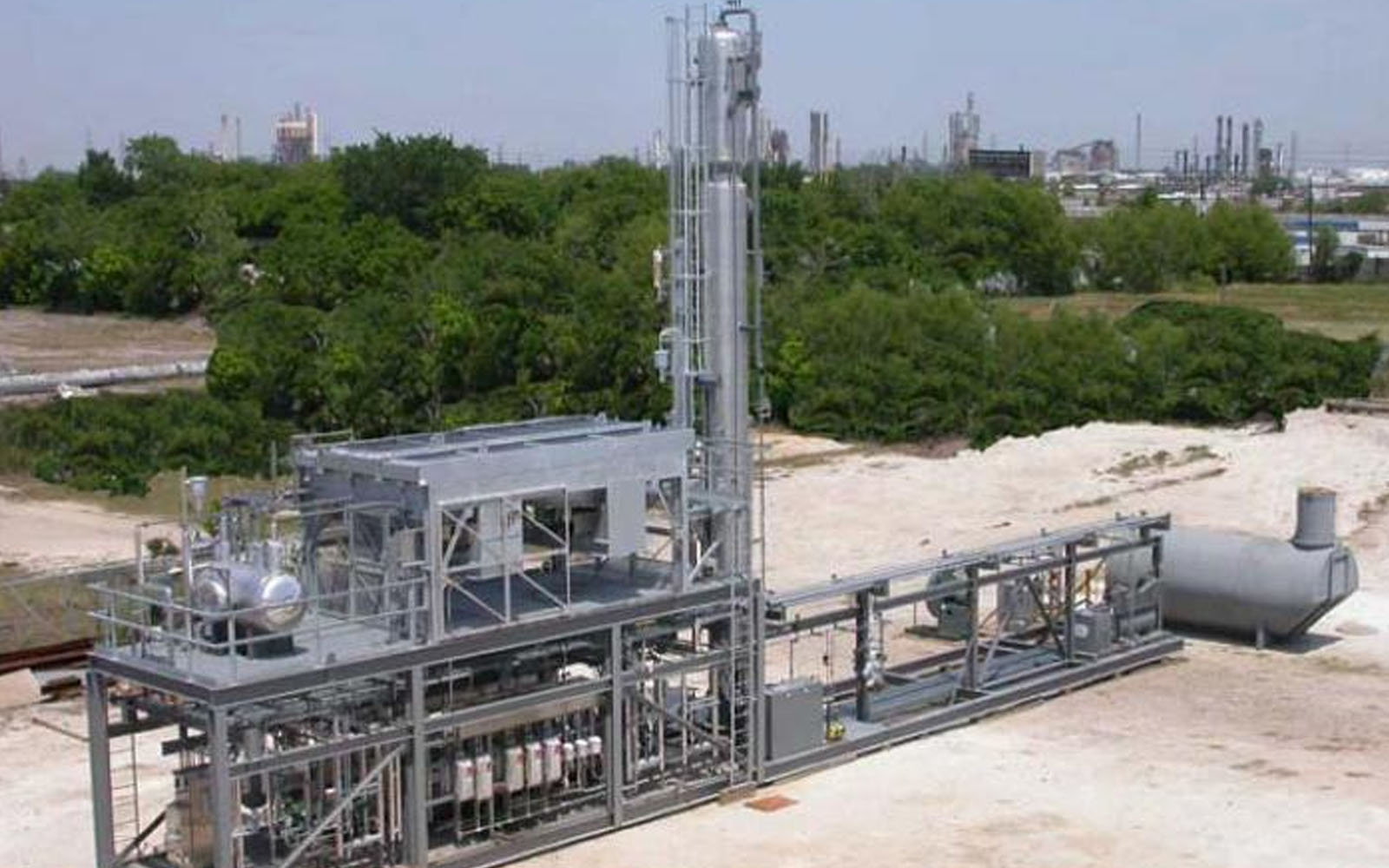It seems that the competition for Dangote refinery, owned by billionaire businessman, Aliko Dangote, bid to start operations by 2020 just got heightened with the planned commissioning of two modular refineries in Delta and Rivers states by the Federal Government in December 2018. This was disclosed by the Minister of State for Petroleum Resources, Dr Ibe Kachikwu.
Represented by a director in the ministry, Idang Alibi, Kachikwu stated that the Federal Government is very much interested in constructing modular refineries.
“Their development would help to address the perennial shortage of domestic supply of petroleum products, create jobs and stop illegal refining of crude oil and the attendant deleterious impact on the environment.” – Kachikwu
Speaking at the 2018 graduation of the Petroleum Training Institute (PTI) in Effurun, Delta State, he also added that the government had issued licences for 38 modular refineries currently at different stages of completion.
Kachikwu also disclosed that government was poised to end flaring by utilising and monetising the abundant gas resources in the country.
He noted that the approval of the Nigeria National Gas Policy last year by President Muhammadu Buhari was to ensure the product play its full role to the growth of the national economy.
Why the modular refineries pose a threat to Dangote Refinery
As we earlier reported, two of Nigeria’s newly-licensed modular refineries have already commenced work, refining about 17,000 per day. Many others are expected to operate in this capacity, with the least producing about 1,000 barrels on a daily basis.
As the Bloomberg analysis surmised, these small refineries’ collective output could potentially “surpass Dangote’s giant facility” by the time they are all ready.
Meanwhile, Dangote Refinery is already well-positioned to operate profitably. Moreover, the competition does not really matter. According to Ibe Kachukwu:
“If we succeed in stopping the importation of refined petroleum products, something I’m very committed to, we will be saving 30 to 40 percent of the foreign exchange in this country.”
